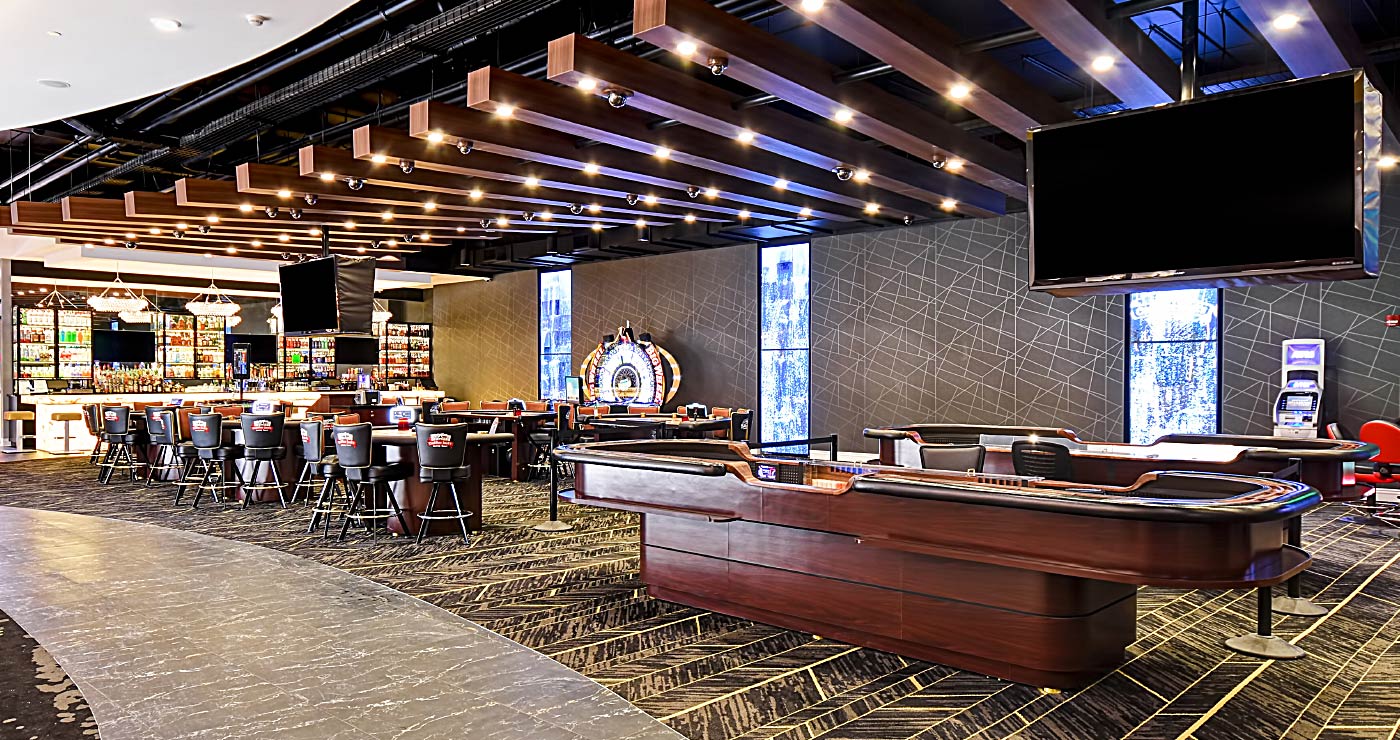Frequently Asked Questions About Deadwood Gaming
What governmental entities across the state benefit from taxes collected on gaming?
In the last fiscal year, casinos contributed over $18,137,488 in gaming tax revenue for historic preservation, tourism promotion, Lawrence County and its municipalities and schools, the State of South Dakota’s general fund and other governmental entities. An annual report detailing the breakdown of these distributions is available HERE.
How did gaming preserve Deadwood’s history and history across the state of South Dakota?
The funds collected from taxes on gaming allowed for the formation of Deadwood Historic Preservation’s programs that include grants, loans and dedicated funds for large-scale restoration projects. Tax revenue is used to help fund non-profit historic attractions and educational opportunities, promote historical and cultural tourism and preserve historic buildings (both commercial and residential).
These funds don’t benefit only the town of Deadwood. Since 2002 the Deadwood Historic Preservation Commission has helped promote the preservation and interpretation of historic sites, buildings, and properties throughout the state of SD with the Outside-of-Deadwood Grant program. The program, which awards up to $150,000 each year, stimulates quality restoration, protection, and interpretation of buildings, sites, and properties that contribute to an understanding of Deadwood’s unique history. This total exceeds $4.5 million dollars to date. Additionally, taxes on Deadwood gaming provides $100,000 in funding for the South Dakota State Historical Society for the Deadwood fund historic preservation grants.
How was gaming legalized in Deadwood?
“Deadwood – You Bet” was a movement created by concerned community members in the mid-1980s in an effort to save Deadwood’s history. Preservation is not inexpensive. They needed a dedicated funding source. Committee members put in 20,000 volunteer hours over five years to gather support and signatures. Deadwood’s joint gaming and historic preservation venture was on the 1988 ballot and passed with 65% of the state’s population in favor of the required constitutional amendment. Its passage and implementation in 1989 made Deadwood the third legal gaming destination in the United States (after Nevada and Atlantic City). Deadwood celebrated its 30th anniversary of gaming at high noon on November 1, 2019.
What other changes have been made to gaming in SD since it was legalized in 1989?
- On November 7th, 2000, South Dakota voters pass a bet limit hike from $5 to $100 in Deadwood’s Gaming Halls. The change makes Deadwood more completive with surrounding states.
- In February 2012, the South Dakota Legislature approved a bet limit hike from $100 to $1,000. Governor Dennis Daugaard signed the change into law in March.
- Amendment Q was on the November 4, 2014 ballot in South Dakota as a legislatively referred constitutional amendment. The amendment allowing roulette, keno, and craps was approved by voters. The SD Legislature adopted the change to the state constitution in February 2015. Following that approval, the Deadwood Gaming Association hosted many weeks of extensive training for casinos (and employees) implementing one or more the new games. On July 1, 2015, craps, keno and roulette were available for the first time in Deadwood.
- South Dakota residents voted to approve Sports Wagering in Deadwood. Gaming operators launched sportsbooks in the fall of 2021 with the first sports wagers on September 9, 2021.
Additional Information about Sports Wagering
CLICK HERE for Deadwood’s Sports Wagering Catalog.

